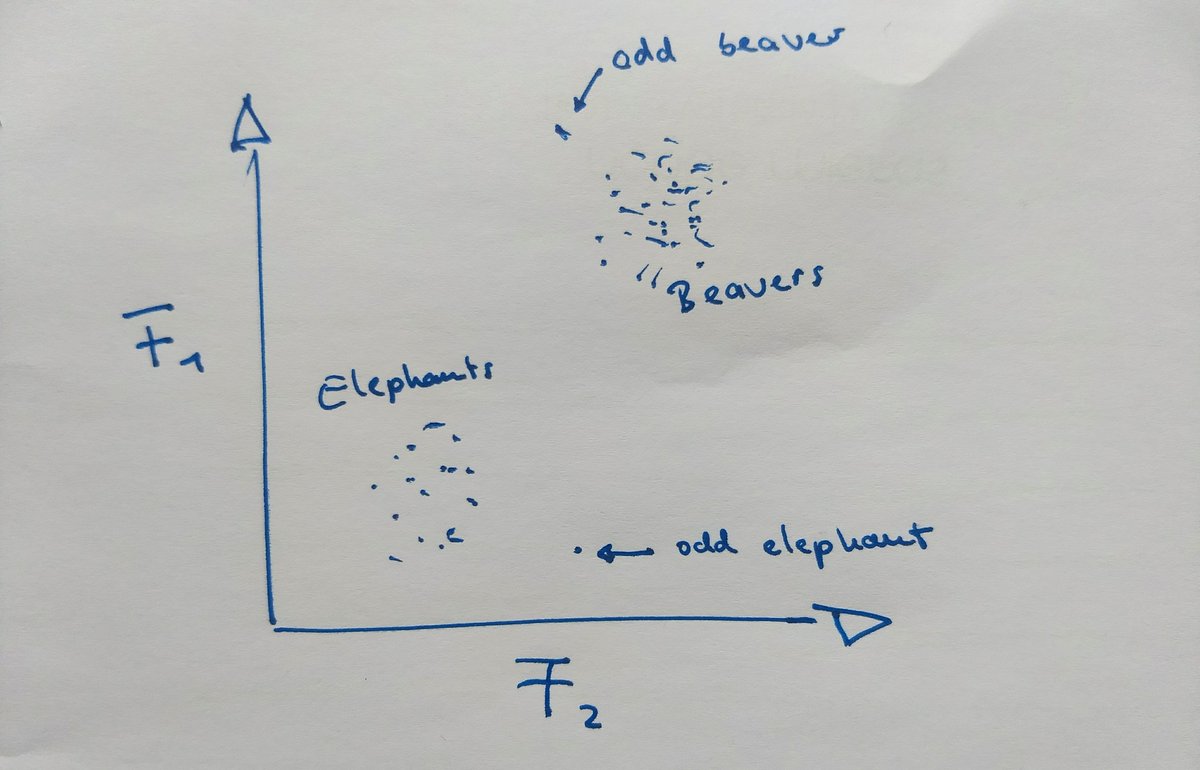
1/ National Institute for Health & Care Excellence does not recommend #esketamine to treat #depression bc effectiveness unclear (low quality trials), problematic economic model (short-term treatment, depression lasts long). Cost/benefit not sufficient to recommend treatment.
3/ Agreed that published literature is low quality. Samples are generally too small to draw inferences from the samples to the population; there are recent studies without placebo groups (how does that even get funded in 2020); when placebo groups exist, they are often not >>
4/ >> blinded (some participants in esketamine group know they get it due to side effects); primary outcomes are often measured hours or days after giving esketamine, & trials rarely last > 6 weeks. Need longer follow-ups for condition like treatment resistant depression.
5/ There is good work on the way, including larger samples, active placebos, etc; but I was really shocked that Esketamine received FDA approval in 2019 based on really shaky evidence.
• • •
Missing some Tweet in this thread? You can try to
force a refresh




